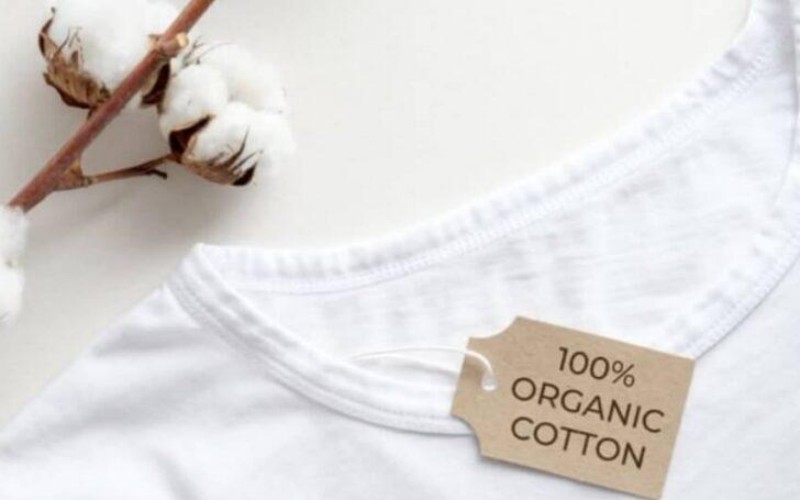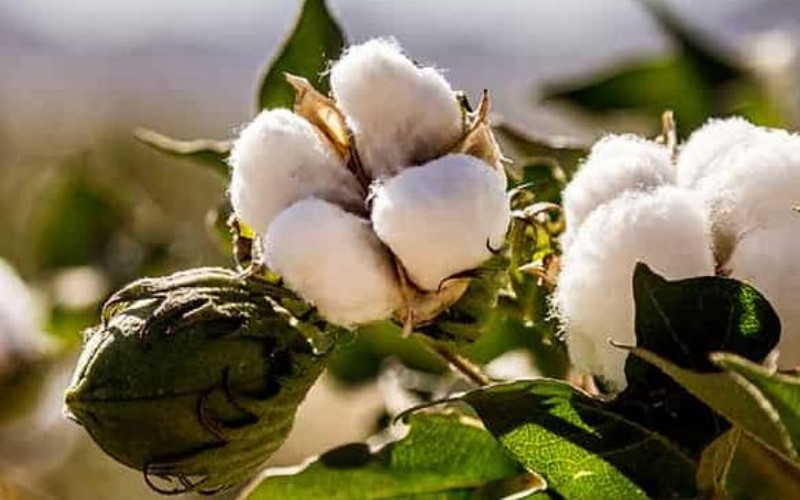
Organic Cotton Blended with Recycled Fibers: The Future of Sustainable Textiles
2025-11-18 22:51
In an era of growing environmental awareness, the fashion and textile industries are undergoing a green transformation. Among the most significant developments is the rise of fabrics combining organic cotton with recycled fibers—a sustainable solution that addresses both agricultural practices and waste reduction.
The Sustainable Fabric Revolution
As consumers become increasingly conscious of their purchasing decisions, global search interest in 'recycled fabric' and related sustainable textile terms has surged dramatically. This reflects a shift in consumer preferences toward environmentally responsible products.
The blend of organic cotton and recycled fibers represents an innovative approach to textile production that maximizes sustainability benefits while maintaining quality and performance. This combination leverages the strengths of both materials, creating fabrics that are not only eco-friendly but also durable and comfortable.
Organic Cotton: Nature's Purest Fiber
Organic cotton is grown using methods and materials that have a low impact on the environment. Organic production systems replenish and maintain soil fertility, reduce the use of toxic pesticides and fertilizers, and build biologically diverse agriculture .

The requirements for certified organic cotton are stringent:
No toxic chemicals: Organic cotton is grown without synthetic pesticides, herbicides, or genetically modified seeds
Water conservation: Organic cotton farming typically uses less water than conventional methods, relying more on rainfall
Soil health: Crop rotation and other natural methods maintain soil fertility
Third-party certification: Reputable certifications like GOTS (Global Organic Textile Standard) verify the organic status from farming to final product
According to GOTS standards, products labeled as 'Made with Organic materials' must contain at least 70% certified organic fibers . This certification ensures both environmental and social responsibility throughout the production chain.
Recycled Cotton: Giving New Life to Textile Waste
Recycled cotton plays a crucial role in the circular economy by diverting textile waste from landfills. The process involves converting post-industrial and post-consumer cotton waste into new fibers that can be woven or knitted into new fabrics.
The environmental benefits of recycled cotton are substantial:
Reduced landfill waste: Textiles make up a significant portion of municipal solid waste
Resource conservation: Recycling cotton requires less water and energy compared to virgin cotton production
Lower carbon footprint: The production of recycled fibers generates fewer greenhouse gas emissions
The Powerful Synergy of Blended Fabrics
When organic cotton and recycled fibers are combined, the resulting fabric offers enhanced sustainability credentials without compromising on quality. The blend typically features 80% organic cotton and 20% recycled cotton, creating an optimal balance of comfort, durability, and environmental responsibility.

This specific ratio offers several advantages:
Maintained fiber strength: The organic cotton component ensures the fabric retains its durability and softness
Maximized recycled content: The 20% recycled component significantly reduces the environmental footprint
Certification eligibility: The blend qualifies for various sustainability certifications
Market appeal: The combination appeals to environmentally conscious consumers
The Certification Landscape: GOTS, GRS, and OCS
Credible certifications are essential for verifying sustainability claims in the textile industry. For organic and recycled blends, three certifications are particularly relevant:
GOTS (Global Organic Textile Standard): The worldwide leading textile processing standard for organic fibers, including ecological and social criteria
GRS (Global Recycled Standard): An international, voluntary standard that sets requirements for third-party certification of recycled content
OCS (Organic Content Standard): A standard for tracking and verifying the content of organically grown materials in a final product
These certifications provide transparency and traceability, giving consumers confidence in their sustainable purchases.
CJTI: Pioneering Sustainable Manufacturing Solutions
At CJTI, our commitment to sustainability is woven into every aspect of our operations. As a manufacturing-focused company with expertise in multiple fabric solutions, we have developed a proprietary blend of 80% organic cotton and 20% recycled cotton that meets the rigorous standards of GOTS, GRS, and OCS certifications.
Our sustainable fabric collection reflects CJTI's dual identity as both an environmentally responsible manufacturer and a comprehensive fabric solutions specialist. We recognize that true sustainability extends beyond materials to include production processes, energy usage, and waste management throughout our operations.
As consumer demand for eco-friendly textiles continues to grow, CJTI remains committed to developing fabric solutions that meet these expectations while maintaining the highest standards of durability, comfort, and aesthetic appeal. Our organic and recycled cotton blend represents just one of our many initiatives to position CJTI at the forefront of sustainable textile manufacturing.












